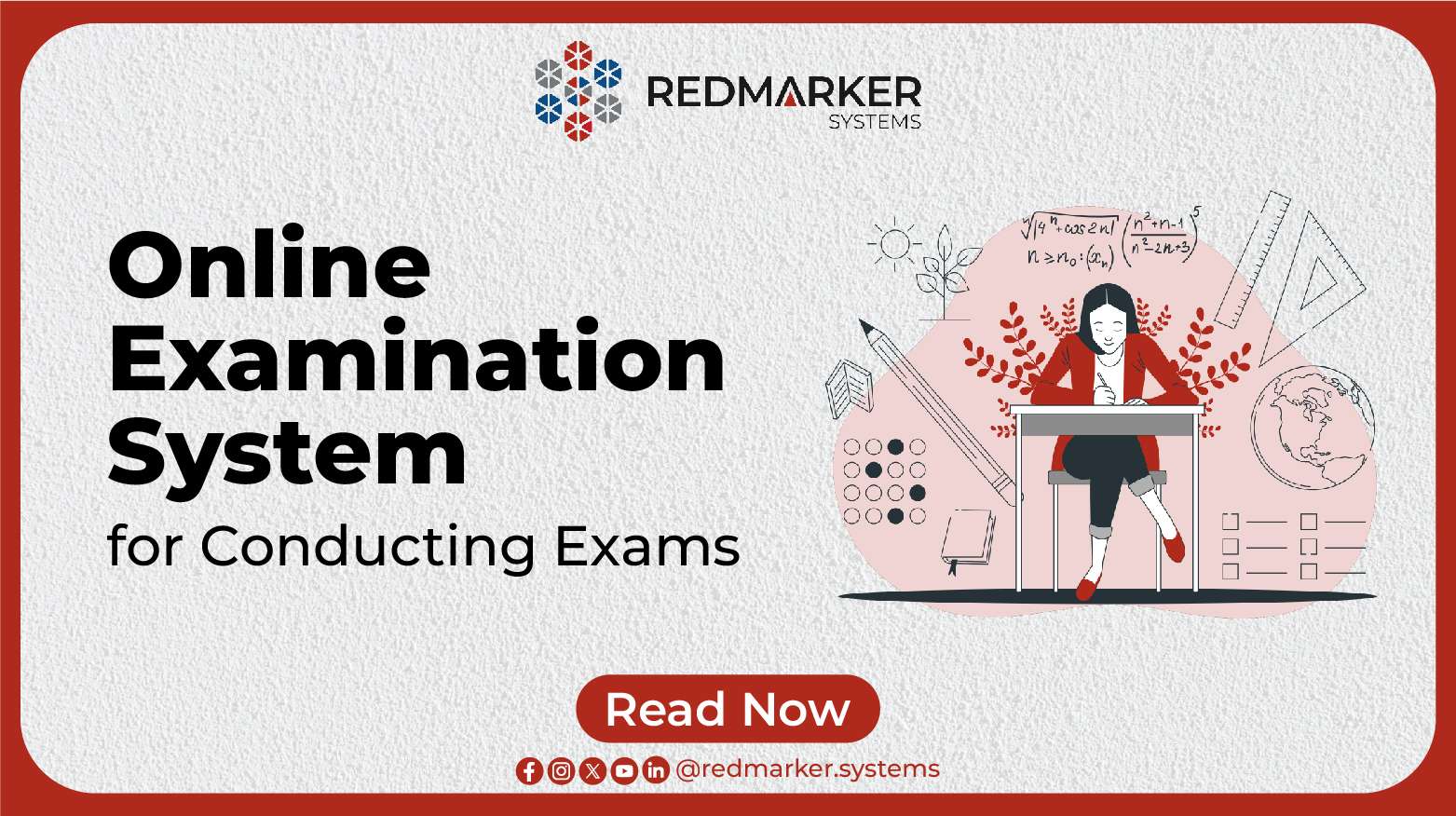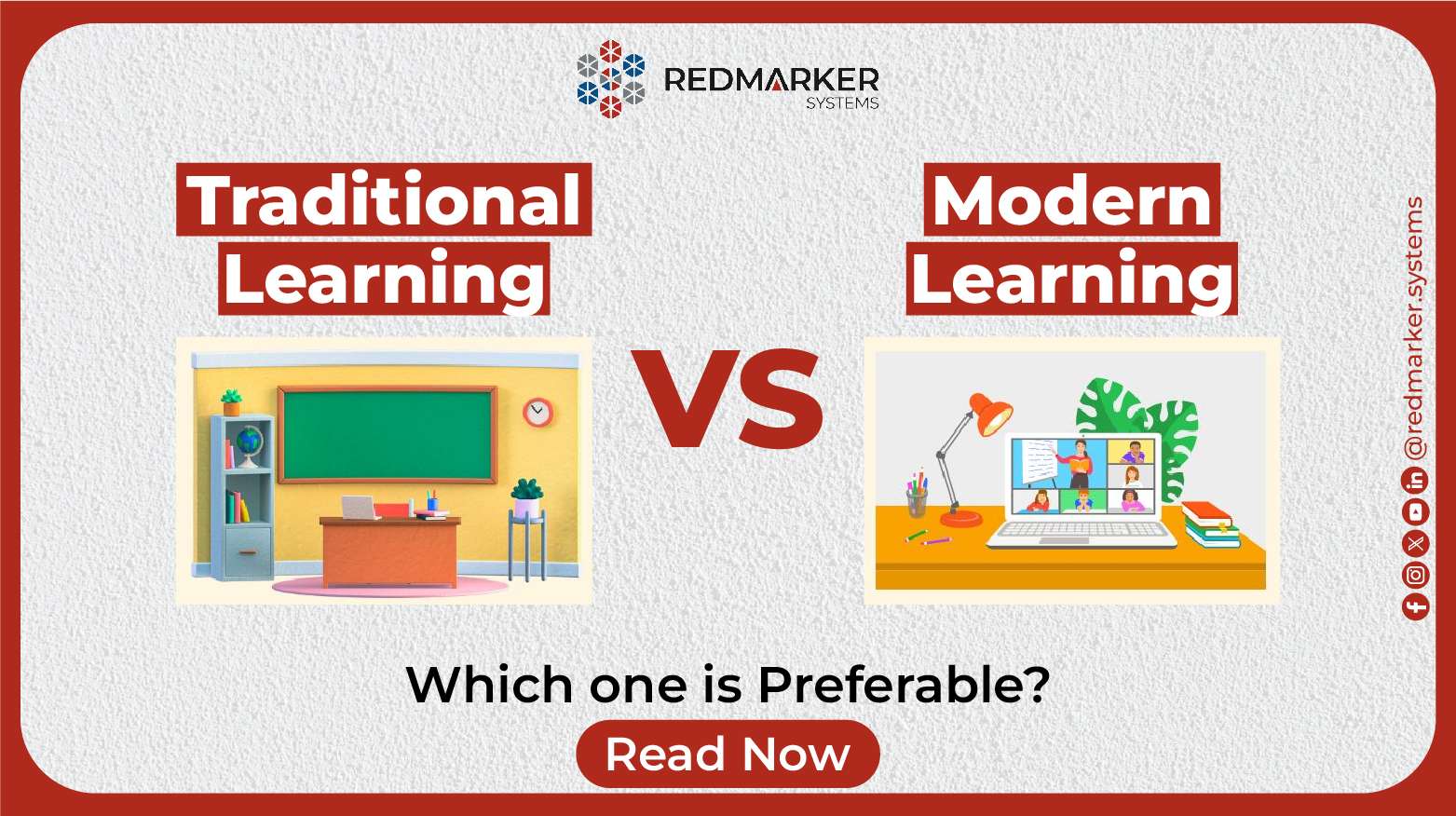rCBT – Revolutionizing Online Examinations with Remote Proctoring
In the rapidly evolving landscape of education, the adoption of online examinations has surged, bringing forth a paradigm shift in the way assessments are conducted. RedMarker proudly introduces rCBT, an innovative online exam management software designed to cater to the evolving needs of institutions, ensuring the highest level of security, integrity, and fairness in computer-based online exams through the power of Remote Proctoring.
Maximizing Security and Integrity with Remote Proctoring
Online examinations, while offering the convenience of remote access, have presented new challenges in maintaining the integrity of the evaluation process. This is where Remote Proctoring steps in as a game-changer. RedMarker’s rCBT leverages the robust capabilities of Online Proctoring to create a secure, equitable, and reliable examination ecosystem. Let’s delve into the intricacies and benefits of Remote Proctoring as encapsulated within the rCBT platform.
The Power of Remote Proctoring
Remote Proctoring, at its core, is the process of invigilating and supervising online examinations from a remote location, utilizing a suite of electronic tools such as web cameras and microphones to monitor candidates. The primary objective is to ensure the authenticity of the examination process while mitigating the potential for academic dishonesty.
Benefits of Remote Proctoring with rCBT
Enhanced Security:
Remote Proctoring significantly enhances the security of online examinations by actively monitoring candidates’ activities throughout the test. Suspicious behavior or cheating attempts can be promptly identified and addressed.
Geographical Flexibility:
With Online Exam Proctoring, candidates can undertake exams from any location, eliminating the need for physical test centers. This geographic flexibility opens doors for a more diverse and inclusive examination environment.
Automated Scheduling:
rCBT includes a scheduling feature, simplifying the coordination of exams. Automated notifications via email or text messages ensure that examinees are informed of their examination schedules in a timely manner.
Confidential Data Protection:
The platform goes above and beyond to protect the integrity of confidential examination data. It monitors all aspects of the exam environment, safeguarding sensitive information.
Comprehensive Monitoring:
Online Examination Proctoring within rCBT encompasses various modes, including one-to-one, one-to-many, and AI-based proctoring. This multi-pronged approach ensures transparency and convenience for examination-conducting bodies, catering to diverse needs.
Fair Online Assessments:
With advanced proctoring controls, Artificial intelligence-based Proctoring guarantees the integrity and fairness of every exam conducted within the system. This fosters a level playing field for all examinees.
Cost-Efficiency:
RedMarker’s rCBT eliminates the need for physical test centers, reducing infrastructure costs and enabling institutions to allocate resources more efficiently
Real-time Intervention:
The real-time nature of Remote Proctoring allows proctors to intervene immediately when suspicious behavior is detected, minimizing the scope for malpractice.
Flexibility and Convenience
One of the hallmarks of rCBT is its flexibility and convenience. Institutions can seamlessly create and administer exams from any remote location, whether it be the comfort of one’s home or within the confines of a designated examination site. With Remote Proctoring, boundaries dissolve, and geographical constraints become a thing of the past.
Unlocking the Potential of Remote Proctoring
In the ever-evolving landscape of education, RedMarker’s rCBT stands as a beacon of innovation, empowering institutions to conduct examinations with unwavering security and fairness. The integration of Remote Proctoring not only safeguards the sanctity of online exams but also facilitates a more accessible and efficient examination process. Say farewell to the traditional limitations of assessment and embrace a future where examinations are secure, convenient, and equitable. Explore the boundless possibilities of Remote Proctoring with rCBT and usher in a new era of examination management.
Frequently Asked Questions (FAQs) About Remote Proctoring
What is Remote Proctoring?
Remote Proctoring is a method of monitoring online exams from a remote location using electronic tools like web cameras and microphones. rCBT integrates Remote Proctoring to ensure exam integrity. It actively monitors candidates’ activities, identifies suspicious behavior, and maintains the fairness of online examinations.
Is Remote Proctoring secure for online exams?
Yes, Remote Proctoring with rCBT enhances the security of online exams significantly. It employs multiple proctoring controls, including AI-based monitoring, to detect and prevent cheating or misconduct during the exam. It offers real-time intervention and comprehensive monitoring, making online exams more secure than ever.
Can candidates take exams from any location with Remote Proctoring?
Absolutely! Remote Proctoring allows candidates to take exams from any remote location, be it their homes or another designated spot. Geographical flexibility is a core advantage, eliminating the need for physical test centers.
How does privacy is ensured during Remote Proctoring?
rCBT takes data security seriously. It monitors all confidential exam-related data and ensures its protection. Candidates’ privacy is a top priority, and all measures are in place to safeguard sensitive information.
What happens if a candidate is flagged for suspicious behavior during a remote exam?
If a candidate’s behavior raises suspicion during a remote exam, the system allows for real-time intervention. A proctor can step in, review the situation, and take appropriate action, ensuring the exam’s integrity is maintained.
Is Remote Proctoring cost-effective for institutions?
Yes, Remote Proctoring with rCBT can be highly cost-effective. It eliminates the need for physical test centers and associated infrastructure costs. Institutions can allocate resources more efficiently, making the examination process more cost-effective in the long run.



